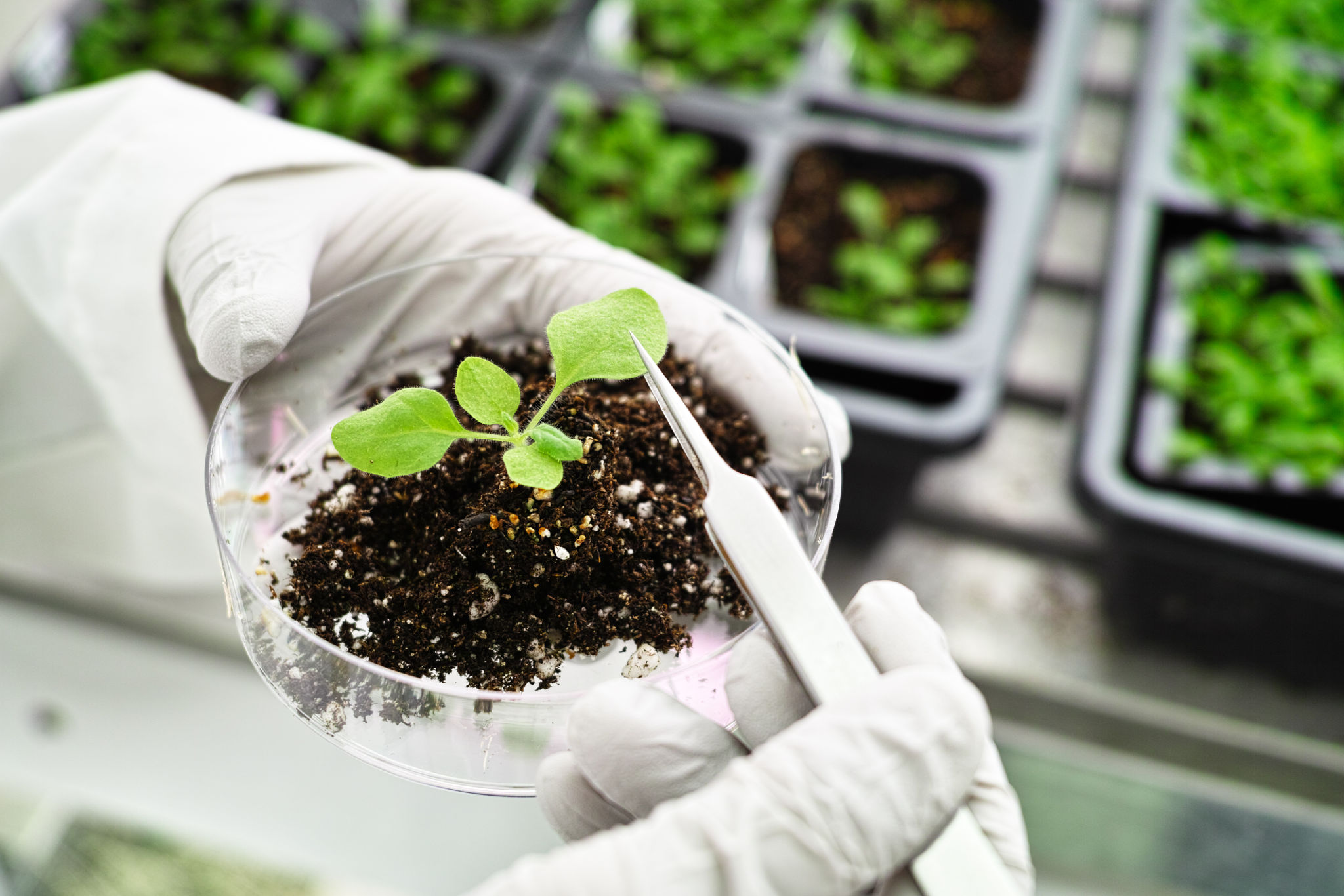Top Misconceptions About Biotechnology and Health
Understanding Biotechnology in Health
Biotechnology has been at the forefront of revolutionary changes in health and medicine. Yet, despite its significant contributions, there are numerous misconceptions about what biotechnology entails and its impact on healthcare. This post aims to debunk some of the most common myths surrounding this innovative field.

Myth 1: Biotechnology Is a New Field
Contrary to popular belief, biotechnology is not a modern invention. Its roots can be traced back thousands of years to when humans first used fermentation for brewing beer and making bread. The field has evolved substantially, but its core principle of utilizing biological processes remains unchanged. Today, biotechnology encompasses genetic engineering, molecular biology, and bioinformatics, among other disciplines.
Myth 2: All GMOs Are Harmful
Genetically Modified Organisms (GMOs) often face scrutiny due to misconceptions about their safety and environmental impact. However, numerous studies have demonstrated that GMOs are safe for consumption and can even offer nutritional benefits. For example, genetically engineered crops can be designed to resist pests, reducing the need for chemical pesticides and promoting sustainable farming.

Myth 3: Biotechnology Only Benefits Large Corporations
Another widespread belief is that biotechnology primarily serves the interests of large corporations. While it's true that big biotech firms play a significant role, the field also empowers small startups and research institutions. These smaller entities often drive innovation, developing new therapies and diagnostic tools that improve public health.
Myth 4: Biotechnology Is Only About Medicine
While biotechnology is indeed pivotal in medicine, its applications extend far beyond healthcare. Biotechnology plays a crucial role in agriculture, environmental conservation, and even industrial processes. It helps in producing biofuels, biodegradable plastics, and new materials that contribute to a more sustainable planet.

Myth 5: Biotechnology Is Unaffordable
A common misconception is that biotechnological solutions are prohibitively expensive. Initially, the costs associated with research and development can be high. However, as technologies mature and scale, they become more cost-effective. Innovations such as CRISPR gene editing are becoming increasingly accessible, paving the way for more affordable treatments for genetic disorders.
The Role of Education in Addressing Misconceptions
Education plays a crucial role in dispelling these myths. By promoting accurate information and fostering public understanding of biotechnology's benefits and limitations, we can better appreciate its potential to transform health and society. Encouraging dialogue between scientists, policymakers, and the public is essential in building trust and advancing the field responsibly.
Conclusion: Embracing Biotechnology's Potential
In conclusion, while misconceptions about biotechnology persist, it's important to recognize its vast potential to enhance our lives. From agriculture to healthcare, biotechnology offers solutions that address global challenges and improve well-being. By debunking myths and embracing scientific advancements, we can unlock new opportunities for innovation and progress.
